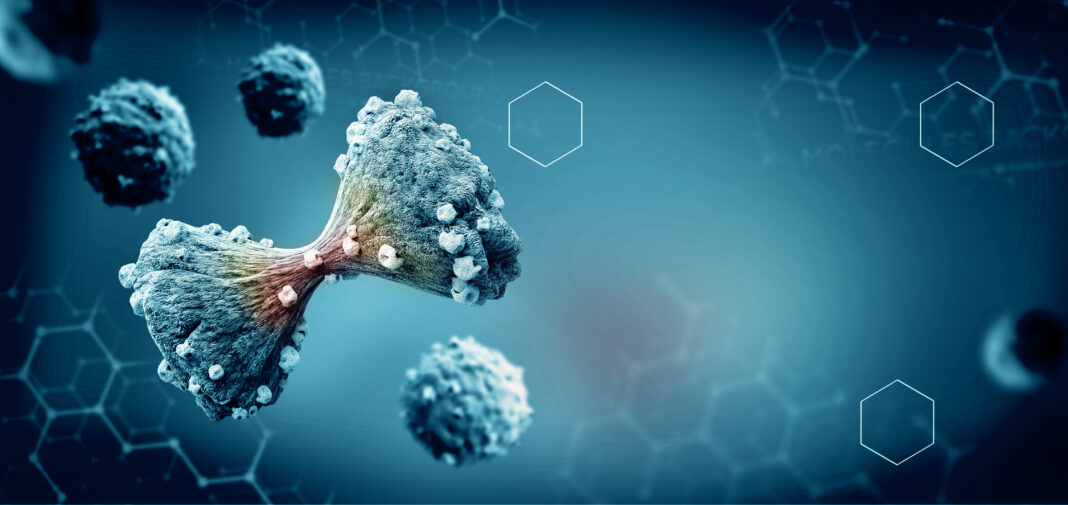Cancer affects millions of people worldwide, with genetic factors playing a significant role in both disease development and treatment responses. Understanding the relationship between genetics and cancer provides valuable insights into risk assessment, prevention strategies, and personalized treatment approaches. Here is more information on how inherited genetic variations influence cancer susceptibility from an oncologist:
Understanding Cancer Susceptibility
An oncologist can check for a genetic predisposition to cancer, which stems from inherited mutations passed down through family lines. These hereditary cancer syndromes account for approximately 5-10% of all cancer cases. Specific gene mutations significantly increase an individual’s likelihood of developing certain types of cancer during their lifetime.
BRCA1 and BRCA2 mutations represent well-documented examples of genetic cancer predisposition. Women carrying BRCA1 mutations face a 55-72% lifetime risk of developing breast cancer, while BRCA2 mutations confer a 45-69% risk. These same mutations also elevate ovarian cancer risk substantially. Lynch syndrome, caused by mutations in DNA mismatch repair genes, increases colorectal cancer risk by 70-80% and endometrial cancer risk by 40-60%.
Genetic counseling and testing help identify individuals carrying high-risk mutations. Family history analysis reveals patterns that suggest hereditary cancer syndromes. Multiple family members developing the same cancer type, early-onset cancers, or individuals developing multiple primary cancers often indicate genetic predisposition. Genetic testing analyzes DNA samples to detect specific mutations associated with increased cancer risk.
Linking Genetic Mutations and Cancer
Cancer develops through the accumulation of genetic mutations that disrupt normal cell growth and division. These mutations can be inherited or acquired during a person’s lifetime through environmental exposures or natural cellular processes. Understanding how mutations drive cancer formation illuminates the fundamental biology of the disease.
DNA repair mechanisms normally correct genetic errors, but defects in these systems allow mutations to accumulate. Cells with damaged DNA repair pathways become more prone to additional mutations, accelerating cancer development. This process explains why some individuals develop multiple cancers or why certain cancer types cluster in families with DNA repair gene mutations.
Environmental factors interact with genetic susceptibility to influence cancer development. Tobacco smoke, ultraviolet radiation, chemical exposures, and infectious agents can cause DNA damage that leads to cancer-driving mutations. Individuals with genetic predispositions may be more susceptible to these environmental carcinogens, highlighting the complex interplay between genes and environment in cancer causation.
Personalizing Cancer Treatment
Genetic analysis of tumors has revolutionized cancer treatment by enabling personalized therapeutic approaches. Tumor genetic profiling identifies specific mutations that drive individual cancers. This enables physicians to select targeted therapies most likely to be effective for each patient.
Pharmacogenomics examines how genetic variations affect drug metabolism and response. Genetic testing can predict which patients will respond well to specific treatments and which may experience severe side effects. For example, variations in the TPMT gene affect how patients metabolize certain chemotherapy drugs, allowing dose adjustments that maximize effectiveness while minimizing toxicity.
Immunotherapy effectiveness also correlates with tumor genetic characteristics. Tumors with high mutation burdens often respond better to immune checkpoint inhibitors because they present more foreign proteins that the immune system can recognize. Microsatellite instability, caused by DNA repair defects, predicts strong responses to immunotherapy across multiple cancer types.
Find an Oncologist
The intersection of genetics and cancer continues expanding as scientific understanding advances and technology improves. Genetic analysis now guides cancer prevention, early detection, treatment selection, and monitoring strategies. This personalized approach represents a fundamental shift from traditional one-size-fits-all cancer treatment toward precision medicine tailored to individual genetic profiles.
- Pedrovazpaulo Wealth Investment: Unlocking Financial Freedom Through Innovative Strategies
- EO Pis: A Comprehensive Guide to Environmental Objectives and Performance Indicators
- Premiumindo69: The Future of Digital Entertainment
- Macadamia Nut Milk: Health Benefits, Recipes, and Why It’s the Perfect Dairy-Free Alternative
- Hentquz: The Future of Productivity and Collaboration


